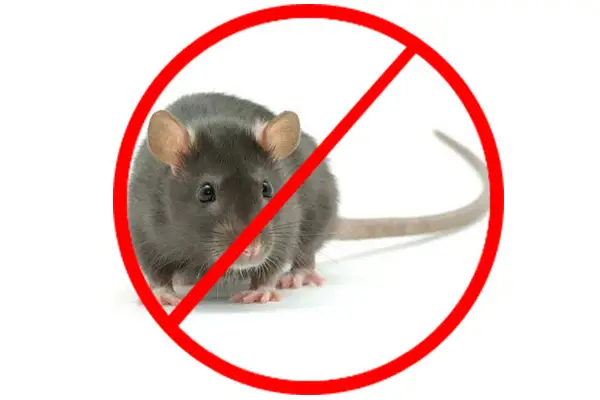Welcome to our blog post on the “Best Pest Control Tips: Safe & Effective Solutions.” Whether dealing with occasional invaders or ongoing infestations, understanding how to manage these little nuisances safely and effectively is essential for maintaining a healthy and comfortable living environment. In this post, we’ll explore several crucial aspects of pest control that cater to different needs and situations, ensuring you can keep your space pest-free using methods that are as mindful of environmental and personal safety as they are effective.
Pest control isn’t just about eliminating unwanted guests; it’s also about doing so in a way that doesn’t adversely affect your health or the planet. From natural remedies to preventative practices, we will guide you through various strategies that can help protect your home or business from pests while still upholding a commitment to sustainability and safety.
Understanding Pest Biology
In order to manage pests effectively, it’s crucial to understand their biology and behavior. Recognizing what attracts certain pests into homes, such as food sources, moisture, and shelter, can markedly improve your prevention strategies. For instance, ants are attracted to sweets and leftovers, whereas mosquitoes seek out standing water to breed. Altering these attractants can significantly reduce the likelihood of infestation. Furthermore, proper identification is key to ensuring the appropriate methodologies are applied, making the control measures more targeted and efficient. To learn more, consider visiting Affordable Rodent Control Sydney.
Knowing when pests are most active during their life cycle also allows for better-timed control measures which can be less labor-intensive and more cost-effective. For example, treating for cockroaches in their nymph stage may be more advantageous than tackling a full-blown adult population.

Chemical-Free Solutions
The rise of eco-friendly initiatives has steered many towards seeking chemical-free solutions in pest control. Solutions like diatomaceous earth, neem oil, and essential oils have proven successful against a variety of pests without the risks associated with synthetic pesticides. Diatomaceous earth, for instance, is a naturally occurring soft rock that kills insects by dehydration without harming humans or pets.
Favorable management techniques such as traps and barriers can also be highly effective. These methods prevent pests from accessing certain areas essentially by physical means rather than chemical. Implementing such strategies can ensure long-term deterrence without residual chemicals around your living spaces.
Proper Sanitation Practices
Maintaining cleanliness is foundational in preventing pest infestations. It’s crucial to eliminate potential food sources by storing food in sealed containers and disposing of garbage regularly in sealed receptacles. Reducing clutter also minimizes hiding spots for pests like rodents and cockroaches who seek out dark, undisturbed places to nest.
Regular cleaning regimes such as sweeping floors, wiping counters, and maintaining tidy storage areas disrupt the comfortable habitat pests thrive in. Routine checks in lesser used spaces like basements, attics, and utility rooms also help catch signs of infestation early on.
Predator Introduction
Introducing natural predators into your environment is an often overlooked but effective organic pest control strategy. For example, ladybugs can be used to combat aphid populations in gardens, while nematodes (microscopic worms) effectively manage soil-dwelling pests like grubs.
This form of biological control helps balance the ecosystem in your immediate environment without recourse to toxic chemicals. Of course, this method requires careful consideration of the potential impact on the local biodiversity and should be managed responsibly to avoid new ecological issues.
Professional Pest Control Services
In cases where infestations are severe or advanced beyond typical DIY methods, consulting with a professional pest control service becomes necessary. Professionals offer extensive expertise and have access to tools and compounds that are not available over-the-counter.
A reliable service ensures that all treatments are executed safely and effectively with minimal disruption. Employees are trained in handling various infestations discreetly while considering your specific situational needs. Professional services provide not only alleviation from current pests but also preventive measures against future encroachments.
To sum up our discussion on best pest control tips: understanding pest biology helps tailor practical solutions; adopting chemical-free methods protects health; improving sanitation defends against new infestations; utilizing natural predators aligns with ecological balance; seeking professional help resolves tougher scenarios safely and efficiently.
We hope these insights enhance your approach to managing pests responsibly, keeping both safety and efficacy at the forefront of your efforts. Remember that each situation may require a distinct combination of these strategies to achieve optimal results.

